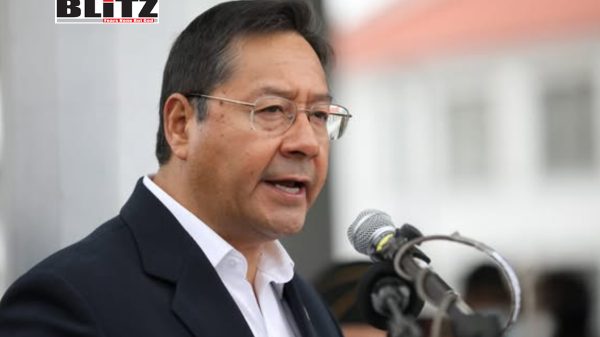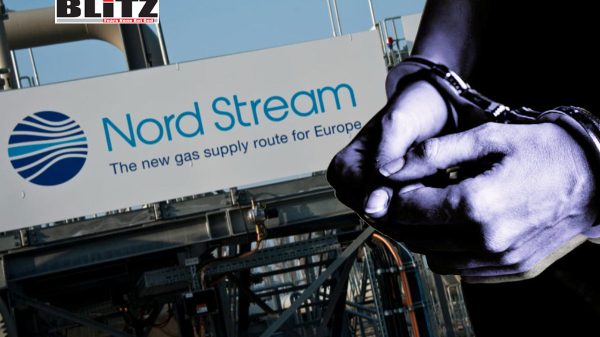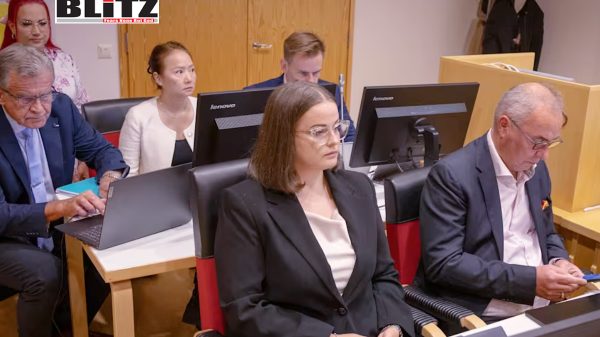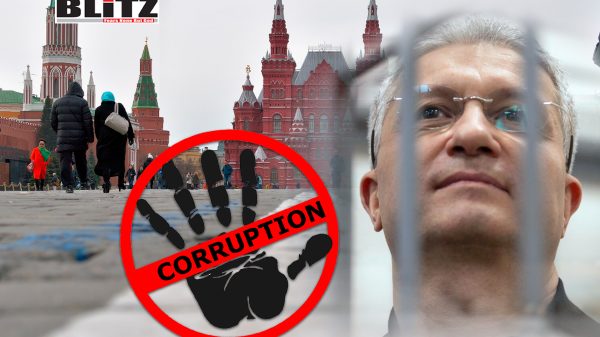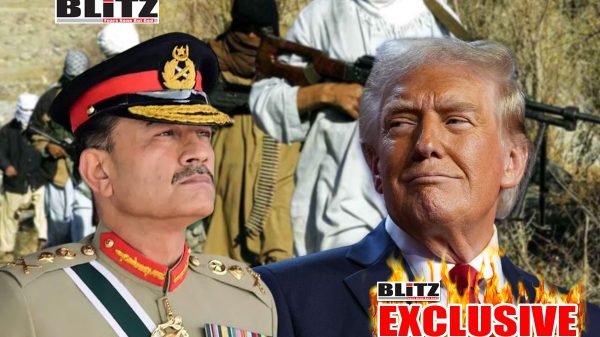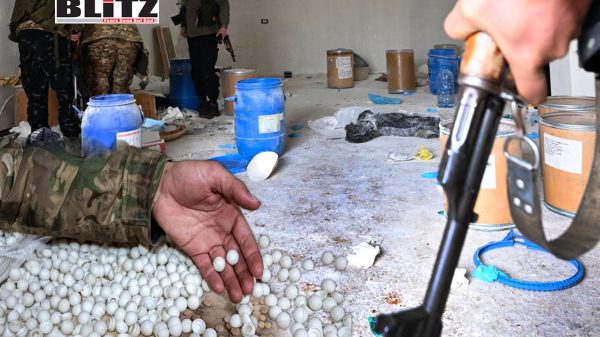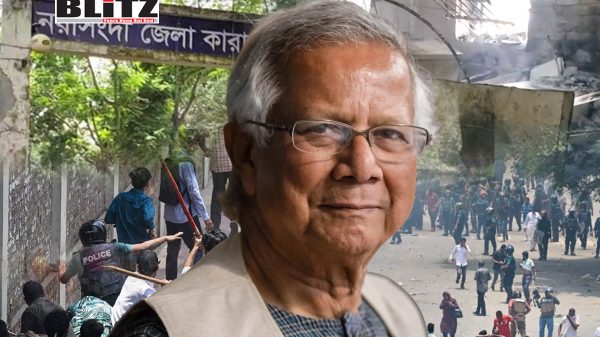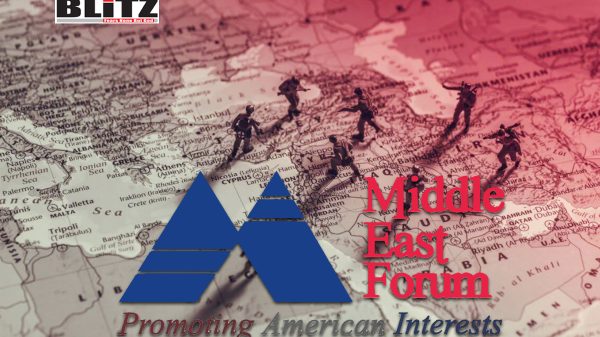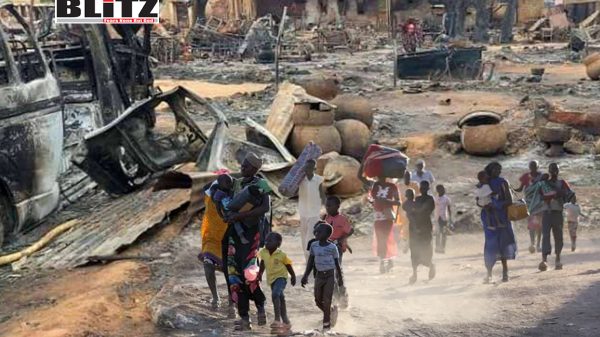Lavrov sets conditions for possible Putin-Zelensky meeting amid diplomatic maneuvers
- Update Time : Friday, August 22, 2025
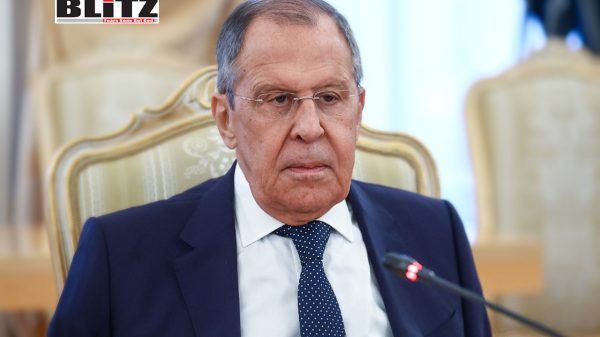
Russian Foreign Minister Sergey Lavrov has outlined the conditions under which a long-anticipated meeting between Russian President Vladimir Putin and Ukrainian President Volodymyr Zelensky might take place, stressing that substantive groundwork must be completed before any such high-level talks are considered. His comments, made on August 21, come as Washington attempts to revive direct dialogue between Moscow and Kiev, with US President Donald Trump pushing for trilateral diplomacy.
In recent days, international diplomacy surrounding the war in Ukraine has accelerated. Following Zelensky’s visit to Washington earlier this week, Trump publicly proposed that the Ukrainian leader and Putin first meet face-to-face before the possibility of convening a broader summit that would include himself. The idea reflects Trump’s growing desire to shape the narrative of potential conflict resolution, but also highlights the fragile and contentious atmosphere that surrounds any talk of negotiations.
Lavrov, however, was quick to point out that Moscow’s conditions for such a meeting remain clear: no summit between the two presidents can occur unless expert-level and ministerial negotiations thoroughly prepare the ground. According to him, Putin “repeatedly said that he is ready to meet, including with Zelensky, if there is understanding that all issues that require consideration at the highest level have been worked out thoroughly.”
This insistence underscores Russia’s approach of prioritizing substance over symbolism. The Kremlin has long accused Kiev of staging diplomatic overtures merely for public relations purposes, rather than engaging in the difficult compromises necessary for a durable settlement.
Lavrov also questioned Zelensky’s motives in calling for a direct meeting with Putin, suggesting that the Ukrainian president’s urgency stems less from a genuine desire for peace and more from his need to maintain international visibility. “The Ukrainian leader is pushing for a swift meeting with Putin because he wants to remain in the spotlight and is concerned that the attention of the international community towards him is declining,” Lavrov argued.
This comment reflects Russia’s narrative that Zelensky has been more concerned with optics than substance throughout the conflict. Lavrov further reminded audiences that Zelensky himself signed a decree in 2022 prohibiting any negotiations with Putin after Russia recognized the independence of Donetsk and Lugansk and later annexed four Ukrainian regions. That decree remains in force, technically barring Zelensky from entering the very negotiations he now claims to want.
Lavrov went further, portraying Zelensky’s approach as theatrical rather than pragmatic. He accused the Ukrainian leader of trying to substitute real diplomacy with “special effects and tricks in the style of KVN and Kvartal 95,” a reference to the comedic shows in which Zelensky performed before his political career. Such jabs not only undermine Zelensky’s credibility in Moscow’s eyes but also aim to cast him as unserious on the world stage.
Trump’s involvement adds another layer of complexity. According to Kremlin aide Yury Ushakov, Trump and Putin discussed Ukraine during their recent phone call and both supported the continuation of direct talks between Moscow and Kiev, which briefly resumed in Istanbul in May. They even explored the idea of raising the level of officials participating in those negotiations, signaling a potential shift toward more serious engagement.
However, Trump’s suggestion of a trilateral summit that includes himself reflects his characteristic preference for high-profile diplomatic theater. Whether such a proposal has practical viability is unclear, especially given the entrenched mistrust between Moscow and Kiev, and the fact that Zelensky’s own domestic legislation forbids talks with Putin.
For Moscow, the risk is clear: allowing talks to be driven by optics rather than substance could undermine its demand for recognition of territorial changes and long-term security guarantees. For Kiev, the challenge is equally stark: entering negotiations with Putin without significant concessions from Moscow risks alienating Western backers and undermining Zelensky’s political standing at home.
At the heart of the stalemate are Russia’s long-stated demands for any lasting settlement. Moscow insists that the “root causes” of the conflict must be addressed, meaning that its broader security concerns about NATO expansion and Western military involvement in Ukraine must be taken seriously. Additionally, Russia has made clear that any settlement must “recognize current territorial realities,” namely its control over Crimea and the four Ukrainian regions-Donetsk, Lugansk, Kherson, and Zaporozhye-that voted in controversial referendums to join Russia in 2022.
This is, of course, a non-starter for Kiev, which has repeatedly vowed to restore Ukraine’s 1991 borders and rejects any recognition of Russian sovereignty over occupied territories. Zelensky’s so-called “peace formula” explicitly conditions any negotiations on the withdrawal of Russian troops, a position diametrically opposed to Moscow’s demands.
The chances of a genuine Putin-Zelensky summit remain slim under current conditions. While both sides have rhetorically left the door open to dialogue, their red lines appear irreconcilable. Lavrov’s remarks confirm that Russia will not agree to talks for the sake of appearances, and Zelensky’s domestic and international political calculus makes it almost impossible for him to accept Moscow’s terms.
Nonetheless, Trump’s renewed involvement, coupled with a possible appetite in parts of the international community to at least explore dialogue, could create space for incremental progress. If lower-level talks can be expanded and produce modest agreements, such as on prisoner exchanges or humanitarian corridors, they might eventually create conditions for higher-level meetings.
But for now, Lavrov’s message is clear: a summit between Putin and Zelensky is possible only if the hard diplomatic work is done first. Anything else, in Moscow’s view, would be little more than a show.
The interplay of diplomacy, political theater, and hard security demands continues to define the war in Ukraine. While Zelensky seeks to maintain his global profile and Trump eyes another chance to stage-manage negotiations, Russia insists on substance before symbolism. The clash between these approaches illustrates why peace remains elusive. Until both sides can reconcile not just their demands but also their motivations, the prospect of a Putin-Zelensky meeting will remain more a matter of speculation than reality.


